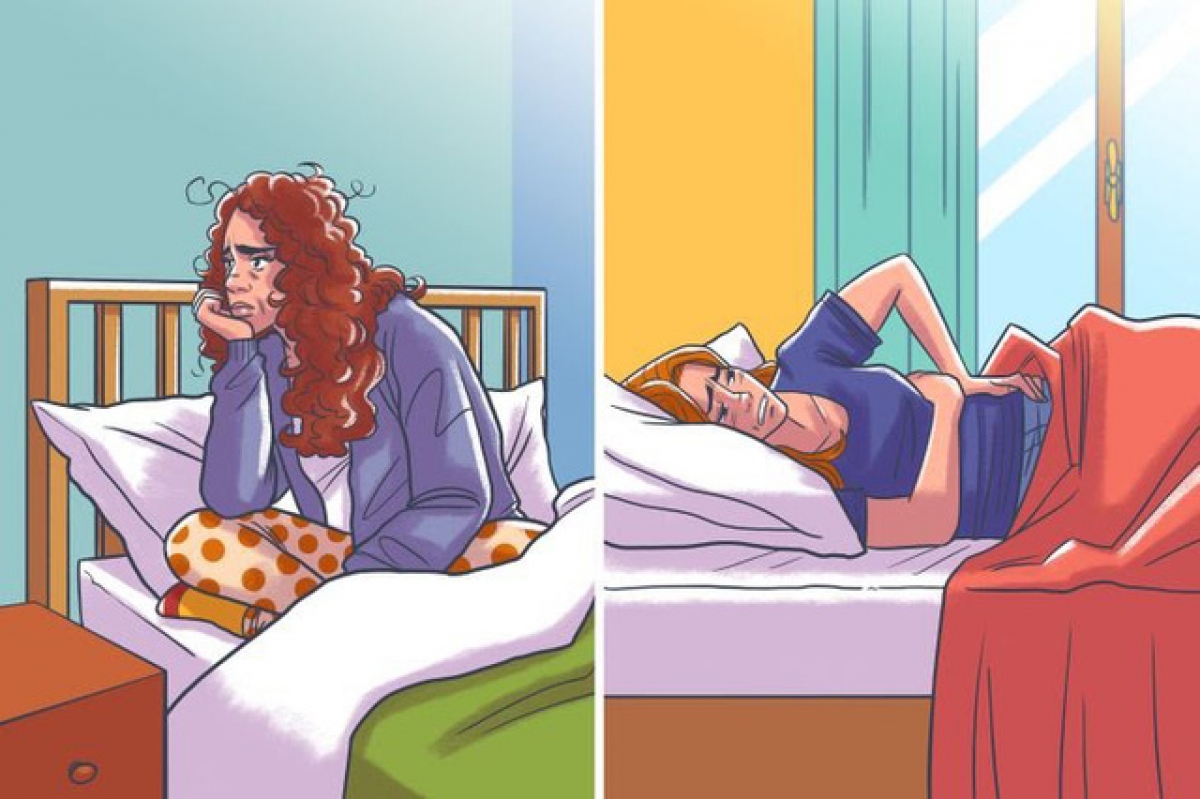1. Obesity
Sleeping too much or too little can also contribute to weight gain. A recent study discovered that individuals who slept 9-10 hours per night were 21% more likely to be obese than those who slept 7-8 hours, even if they consumed fewer calories and exercised regularly.
2. Feeling constantly exhausted
Getting excessive amounts of sleep does not necessarily result in feeling refreshed and energized. On the contrary, it can leave you feeling tired and unmotivated. The recommended amount of sleep for adults is between 7-9 hours. Oversleeping can keep your brain in a constant state of rest, making it difficult to focus.

3. Prone to headaches
Lack of sleep can cause headaches, and the same can occur with excessive sleep. Researchers have found that oversleeping can deplete neurotransmitters such as serotonin, which can create pressure on the brain and nerves, leading to headaches upon waking up. Additionally, excessive sleep can disrupt neurotransmitter stimulation and worsen conditions like snoring, further increasing the likelihood of waking up with a headache.
4. Physical and mental weakness
Approximately 15% of people with depression tend to oversleep, which can worsen their condition. Regular sleep patterns are crucial for the recovery process. Oversleeping can also aggravate chronic depression and various physical issues like back or hip pain. If you experience nocturnal breathing difficulties (sleep apnea), poor sleep quality may cause you to spend more time in bed, weakening your heart muscles and increasing the risk of cardiovascular disease.

5. Irritability
Waking up tired and feeling less productive than desired can negatively impact your mood, making you more irritable.
6. Potential premature aging
Excessive sleep can accelerate both physical and mental aging. It can contribute to problems with memory, concentration, and metabolism, leading to weight gain.
7. Memory loss
Scientific studies have suggested that oversleeping can impair brain functions, causing the brain to age faster by over two years. This can result in reduced mental agility, memory loss, and significant impact on daily activities. Oversleeping can also contribute to fragmented or disrupted sleep, affecting both brain function and overall health.
8. Susceptibility to respiratory diseases
Extended periods of sleep, especially with limited air circulation in closed rooms, can result in poor air quality and increased vulnerability to respiratory diseases.

9. Disruptions to circadian rhythm
Oversleeping can disrupt your body’s circadian rhythm, leading to excessive daytime sleepiness and difficulties sleeping at night.
10. Higher risk of mortality
Several studies have indicated that individuals who sleep more than 9 hours per night have a significantly higher mortality rate compared to those who sleep 7-8 hours. Although the exact reasons are not fully understood, factors such as depression and low socioeconomic status contribute to excessive sleep, which in turn leads to complex health issues and increased mortality.
Source: VOV
Unveiling the Miraculous Benefits of Mushrooms
From the savory flavor they offer in dishes to their vast array of health benefits, mushrooms are a major force in the culinary world. Not only are they known as a delicious ingredient in countless recipes, but their impressive benefits can help to fight obesity, high blood pressure, and even cancer prevention.







































